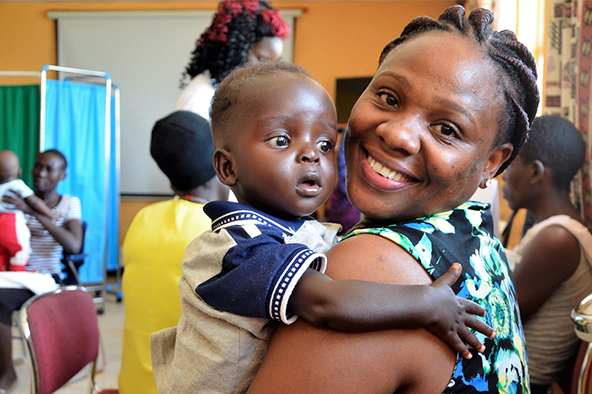UPHIA 2020-2021: Key Findings*
%
Annual HIV incidence among adults
%
HIV prevalence among adults
%
Viral load suppression among adults living with HIV*
95-95-95 among adults living with HIV
0%
Adults living with HIV who knew their HIV status
0%
Adults who were aware of their HIV status who were on ART
0%
Adults who were on ART who had viral load suppression
RUPHIA 2021: Key Findings**
%
HIV prevalence among adults
%
Viral load suppression among adults living with HIV*
95-95-95 among adults living with HIV
0%
Adults living with HIV who knew their HIV status*
0%
Adults who were aware of their HIV status who were on ART*
0%
Adults who were on ART who had viral load suppression*
**This estimate was based on a denominator between 25 and 49 and should be interpreted with caution.
*UPHIA 2016-2017 Summary Sheet and Final Report, as well as related reports and publications, can be found below.
Related Resources
No results found.
Recent PHIA News
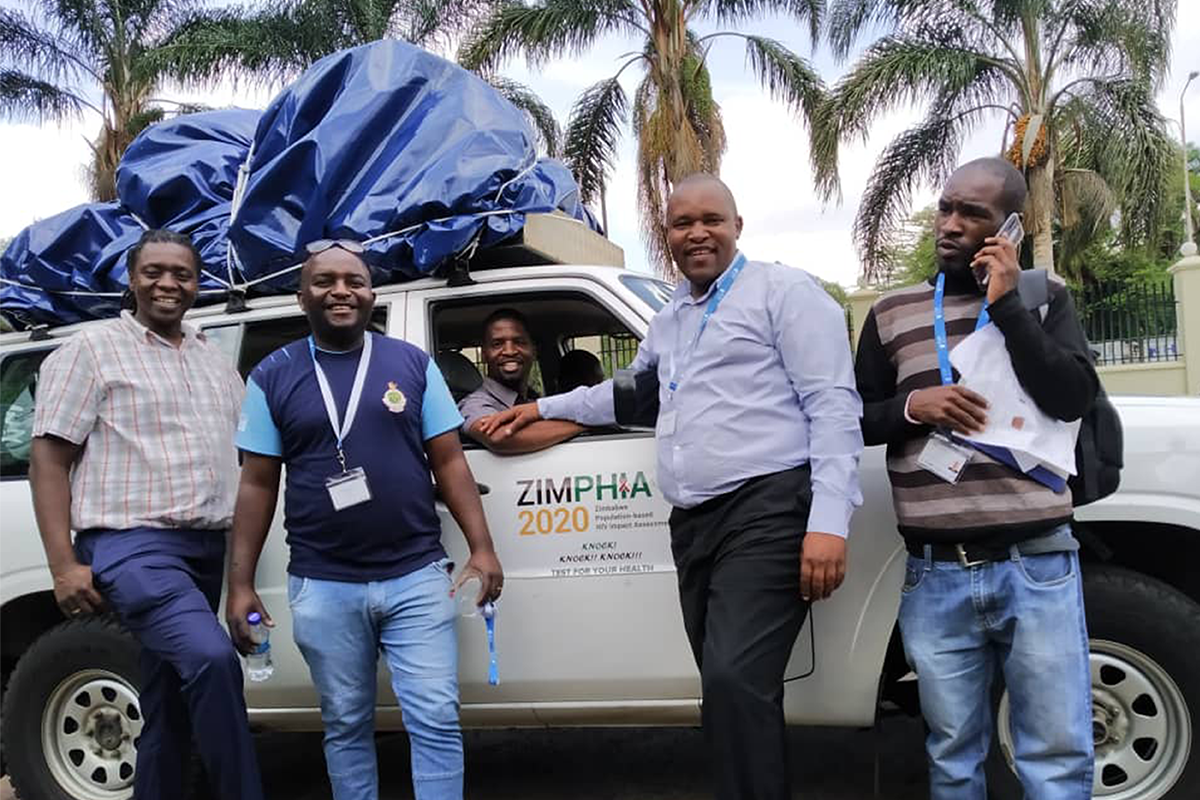
Over the past four months, a familiar refrain was heard throughout the cities, towns, and villages of Zimbabwe. The ‘Knock Knock’ song, which was instrumental to the success of the first Zimbabwe Population-based HIV Impact Assessment (ZIMPHIA) survey, heralded the new survey and with the message of a new chance for the country to take stock of what has been achieved towards controlling its devastating HIV epidemic.
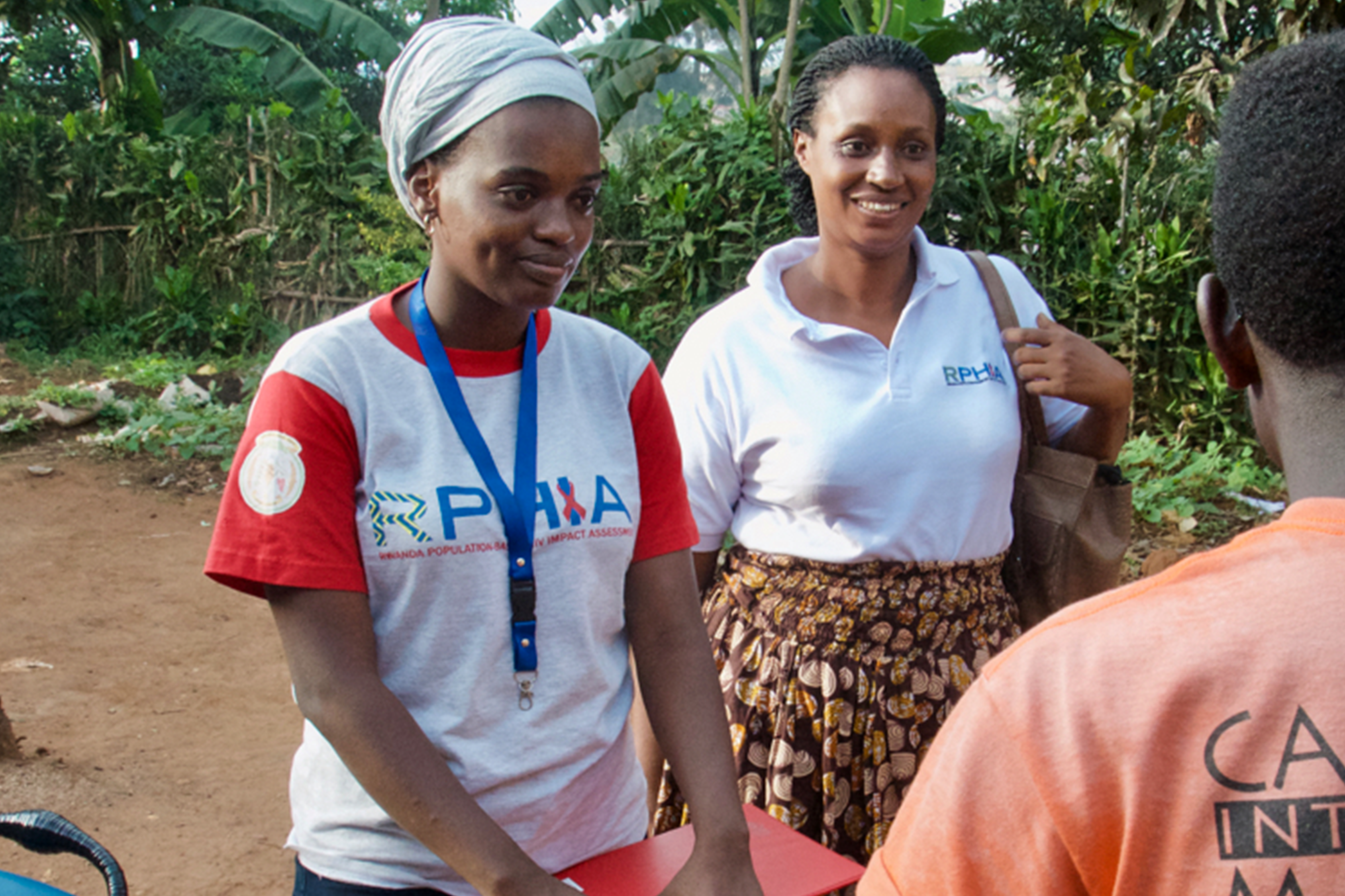
The Government of Rwanda, the U.S. President’s Emergency Plan for AIDS Relief (PEPFAR), the U.S. Centers for Disease Control and Prevention (CDC), and ICAP at Columbia University released new data today that demonstrate Rwanda’s remarkable progress toward achieving HIV epidemic control — particularly in attaining high levels of linkage to treatment and viral load suppression among people living with HIV.
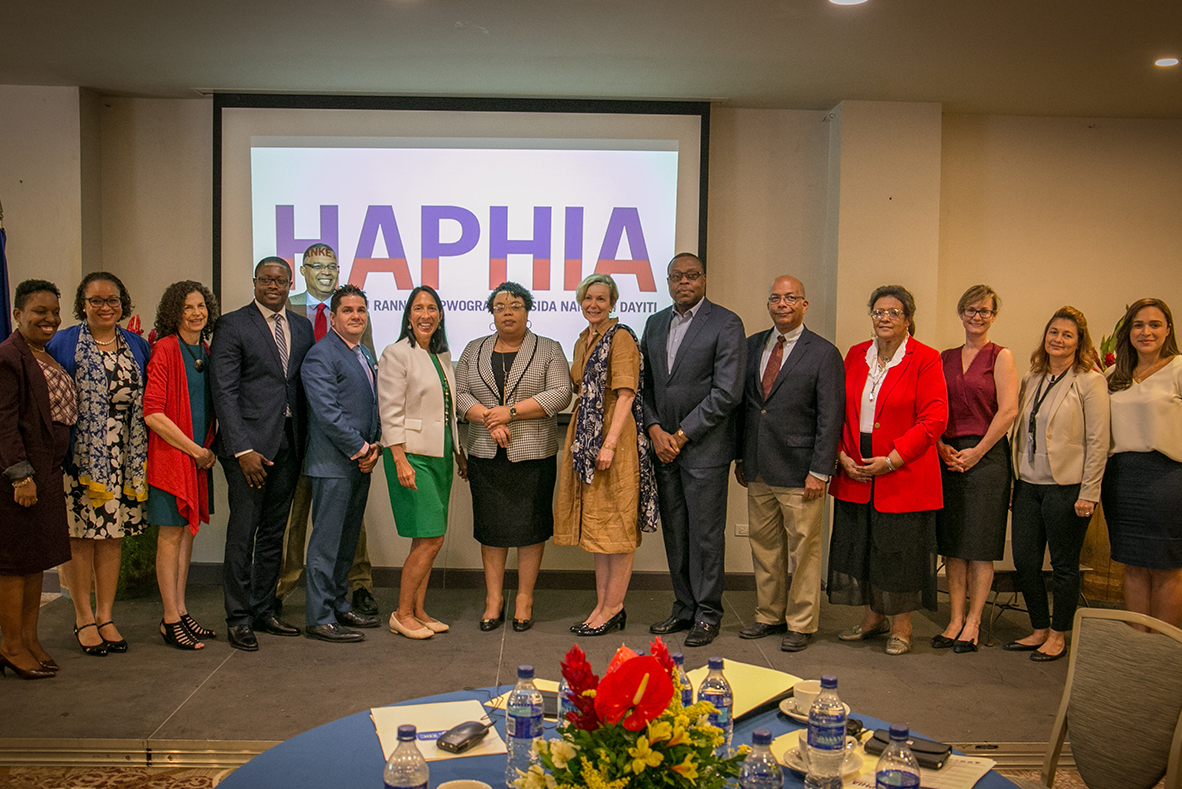
Over the past few decades, Haiti has suffered one of the ...
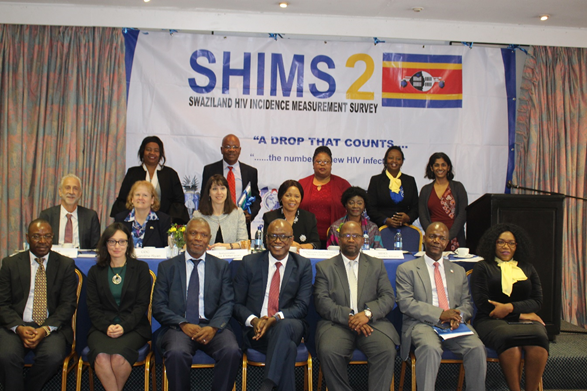
The Government of the Kingdom of Eswatini (GKoE) remains the country with the highest HIV prevalence in the world, with nearly 1 in 3 adults (15 years and older) living with HIV. Over the last decade, the expansion of HIV testing and increase in the number of individuals living with HIV on antiretroviral treatment has demonstrated substantial progress in the nation’s HIV response.






